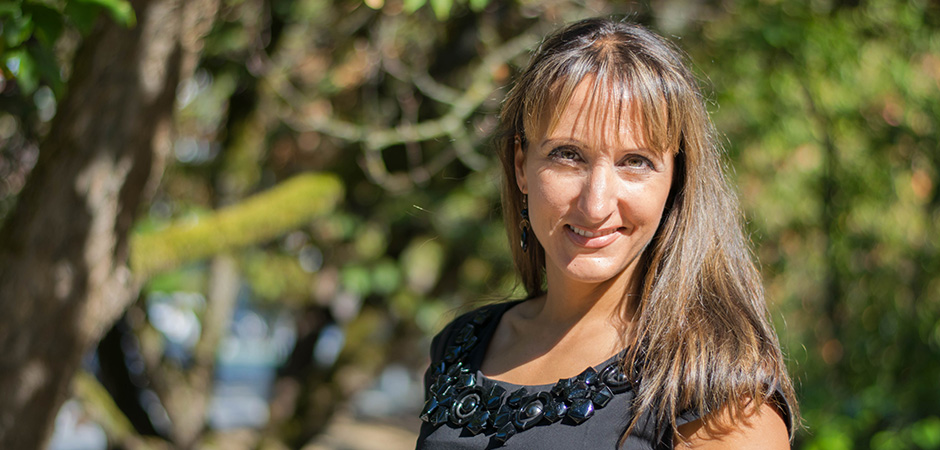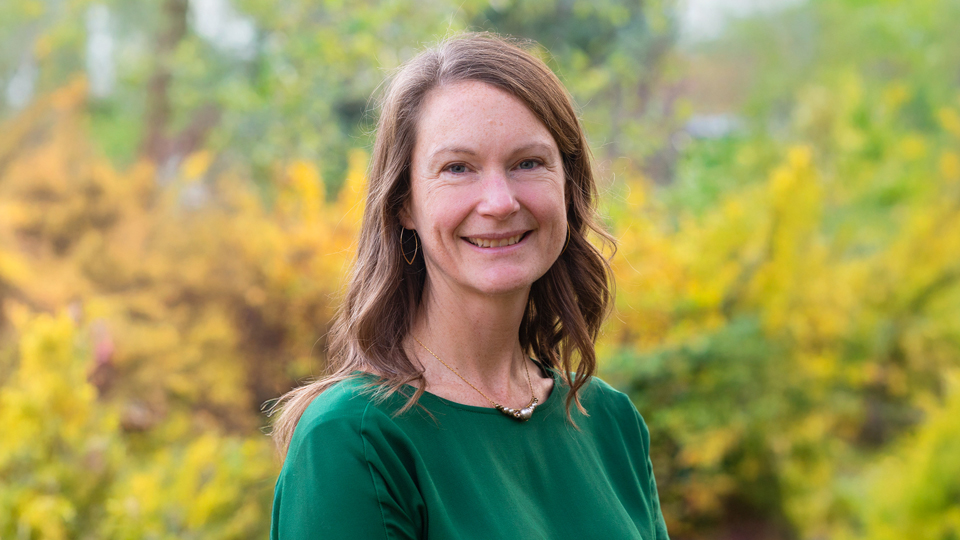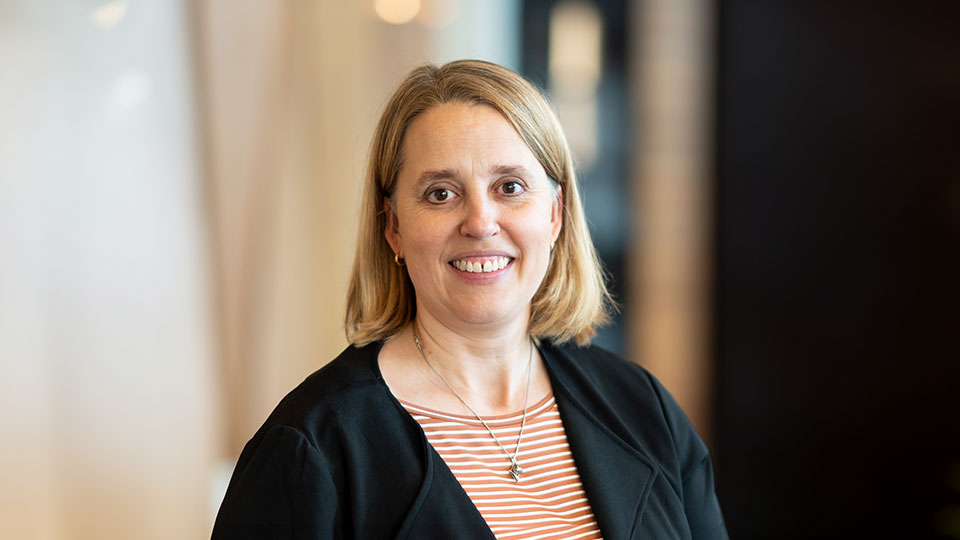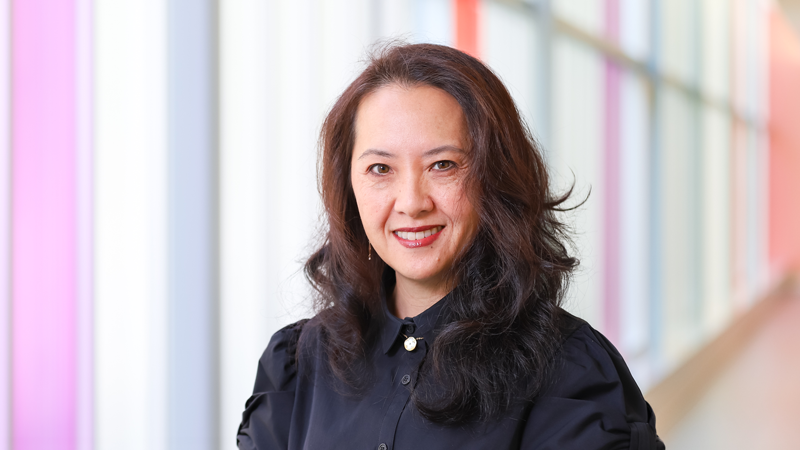
A busy mother, psychologist and Canada Research Chair in Women’s Sexual Health, Lori Brotto, Professor in the Department of Obstetrics and Gynaecology and Executive Director of the Faculty of Medicine’s latest research centre, the Women’s Health Research Institute (WHRI), makes it a point to lead each day with gratitude, laughter and adventure.
She’s also a steadfast champion of women’s health and empowerment.
Together with her team, Dr. Brotto is helping to chart a new course for women’s health research by embracing a new generation of knowledge and technology, while expanding the WHRI’s reach and ability to meet the urgent health care needs of today’s women.
Who inspires you and why?
I’m really inspired by young women who want to make a difference because they sense an intrinsic need for things to be better, particularly around issues like injustices and equities. Women like Malala Yousafzai and Emma Gonzalez. Both women faced tremendous obstacles, but at the same time, garnered a lot of respect and created a ripple wave where others have tried and have not been very effective.
For you, what makes UBC different?
Our geography. To be able to be situated in a location where you are surrounded and connected to mountains, water and nature is really important to me. I’m also inspired by UBC’s connections and collaborations in the health and tech sectors, which we are currently seeing in the Cascadia Innovation Corridor.
How do you like to recharge?
Doing anything outside – hiking, running, cycling. Laughing is also really important. As a family, we love to laugh so we enjoy going to events that involve humour, like comedy shows.
I’m also involved in a non-profit fitness group that I helped start up. It’s a terrific group that has been running free fitness sessions for people in Coquitlam. It’s a great way to recharge and lets me connect with people in my community.
Best piece of advice
Be humble. This is great advice that was instilled into me from my family.
We’re surrounded by leaders and incredible thinkers and creative individuals but a lot of our work and success relies on our teams. It’s important to never forget the support staff, students and trainees – all the people who helped you get the keys to your office. And, to take the time to say thank you to people for all the big and little things they do to help steward our work in new directions.
First job
I ran a paper route when I was 11-years-old with my younger sister. I had a little wagon and got chased by dogs. I saved all my money so that I could use it for rides at the PNE.
Secret talent
I am a bit of a speed thrill seeker so I love activities like wakeboarding. I recently learned how to do jumps and tricks, and can get up to four feet into the air on my wakeboard. I’m landing them too which is important!
As the Executive Director of WHRI what are some of your goals and aspirations in your current role?
We just started the process for our five-year strategic plan and although we are still in the early stages, I see us going more in the same direction and also in some new directions.
In terms of the same direction, I mean more growth. I want to see a map of British Columbia with every geographic region represented by a women’s health researcher. Right now, we are mostly concentrated in the Lower Mainland and I want to expand our reach and interconnectedness.
One new direction that I see us going towards is implementation science. We have fantastic data in the area of women’s health but we need to implement that into practice, policies, structures, programs and systems. We started to lay down the foundation for this by running full day workshops with teams of researchers, clinicians and policy makers with the goal of taking their data and strategizing about how they would go about translating that into practice.
Another area where we have a lot of potential for growth is around digital health technologies. There’s been a lot of interest in developing apps and other mobile technologies that would benefit women’s health, especially women living in rural and remote areas across B.C. I believe the WHRI can help these women by filling in that gap through new digital health initiatives.
And lastly, the WHRI is only one of two research centres in Canada dedicated to advancing women’s health research and were recently recognized as a UBC Faculty of Medicine Research Centre. Now that the university and faculty have a formal women’s health platform, I’d like to see them take advantage of the new opportunities for funding and recognition that will further benefit women’s health and the centre’s abilities.
Favourite Spot in B.C.
Tulameen. It’s a remote and beautiful little town close to Princeton. I love it because it’s nestled away and there’s no internet access. The lake is crystal clear and the hiking is amazing. It’s a great place to recharge.
Published: January 2019


